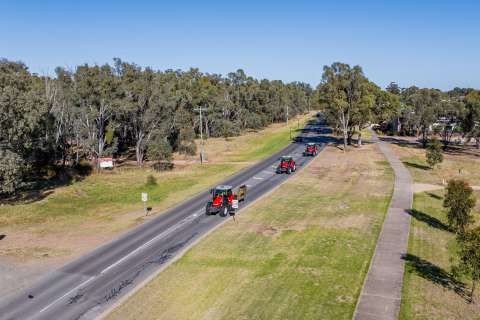The Victorian Greens have welcomed reports the Victorian Labor Government’s proposed bail reforms, if passed, would come into effect in six months’ time rather than twelve.
The originally reported twelve-month delay could have had tragic consequences for First Nations Victorians and see the already high number of unsentenced prisoners on remand continue to grow.
However, the Greens say they still hold concerns these proposed reforms may not go far enough or heed the advice long given by experts.
For years, First Nations advocates, legal groups, and the Greens have been clear that meaningful bail reform requires the ‘reverse onus’ test to be completely scrapped.
In fact the Victorian Law Reform Commission recommended this back in 2007.
However, as reported overnight, the Government’s bill will only limit this test rather than get rid of it completely.
Victorian Greens justice spokesperson, Katherine Copsey, said she was glad the Government was finally moving on bail reform after years of pressure to act, but that she was worried the proposed reforms may not go far enough.
She added that the real test of these reforms would be whether they significantly reduced the number of Victorian prisoners currently unsentenced on remand, especially the disproportionate numbers of women and First Nations Victorians.
More than 1 in 3 (37.4%) people currently in detention in Victoria are not sentenced, a figure which is even higher for women and First Nations Victorians.
As stated by Victorian Greens justice spokesperson, Katherine Copsey MLC:
“We all know what needs to be done, the Government has known since 2019. Yet there remain vulnerable people in pre-trial detention as we speak, for no good reason.
“It’s good the timeline for these reforms has come forward six months, after continued pressure from First Nations communities.
“But we’re still concerned these reforms may not go far enough, or listen to the expert advice to reduce the number of unsentenced people in Victorian prisons and stop deaths in custody.
“We look forward to seeing the Government’s bill, and working with them constructively to get these reforms right.”







